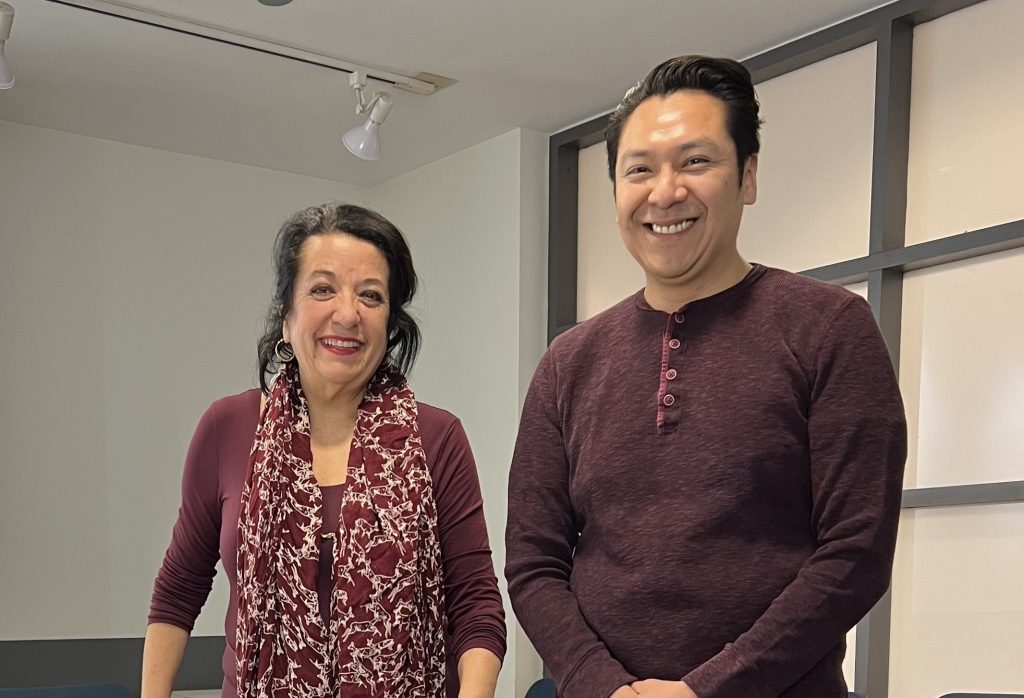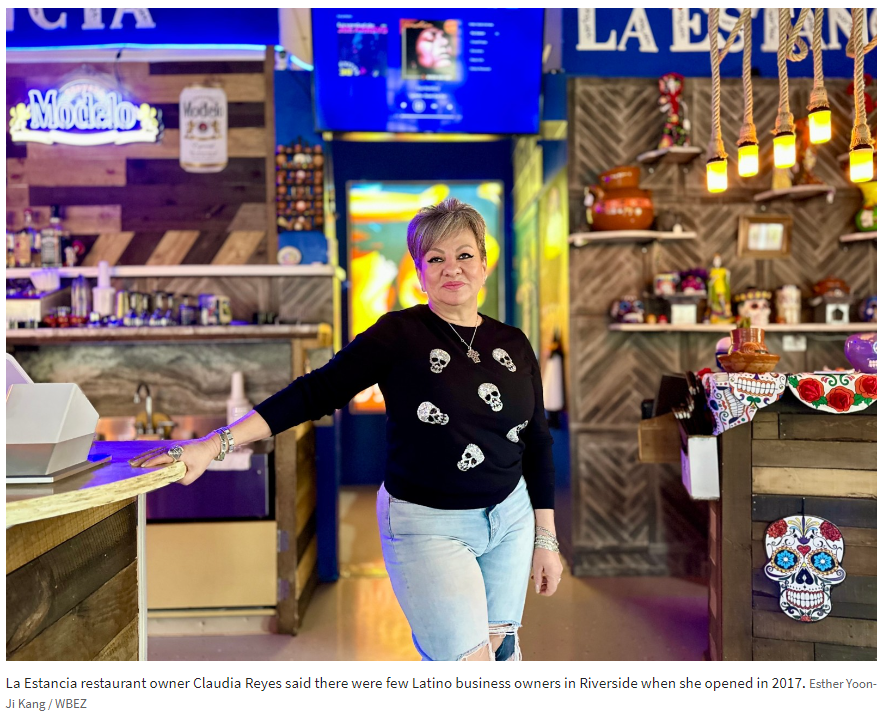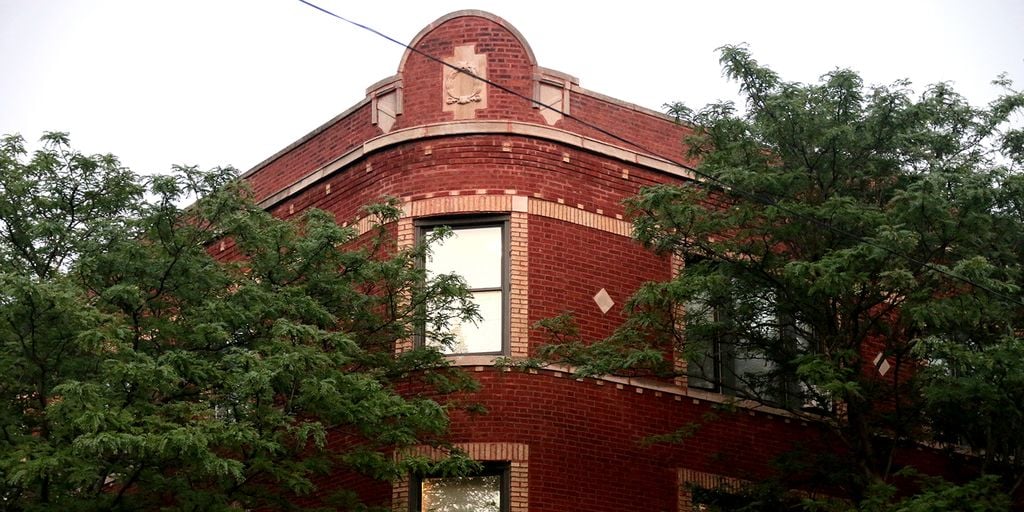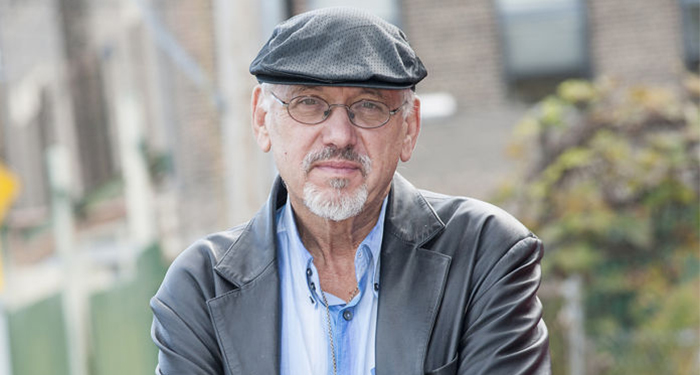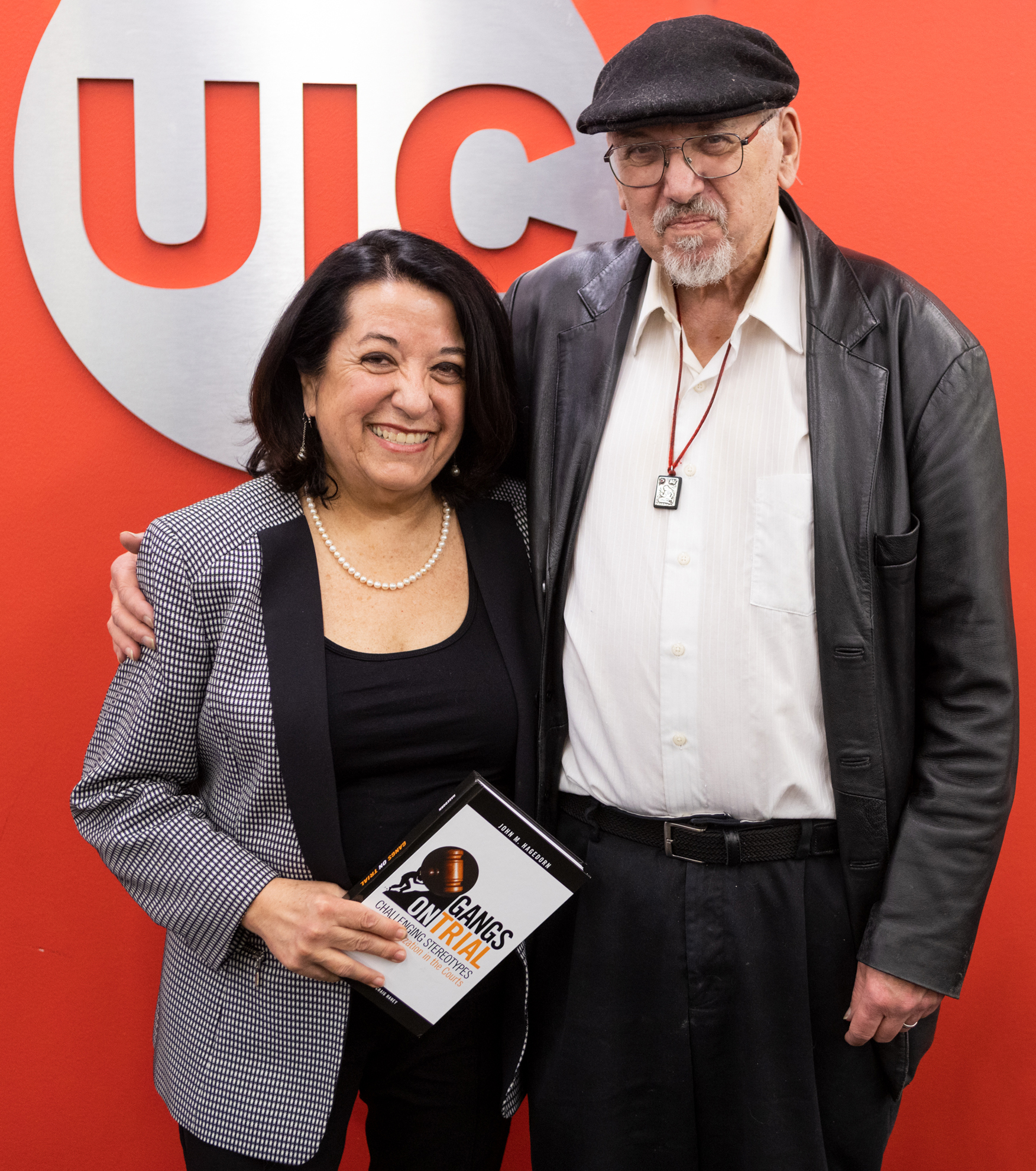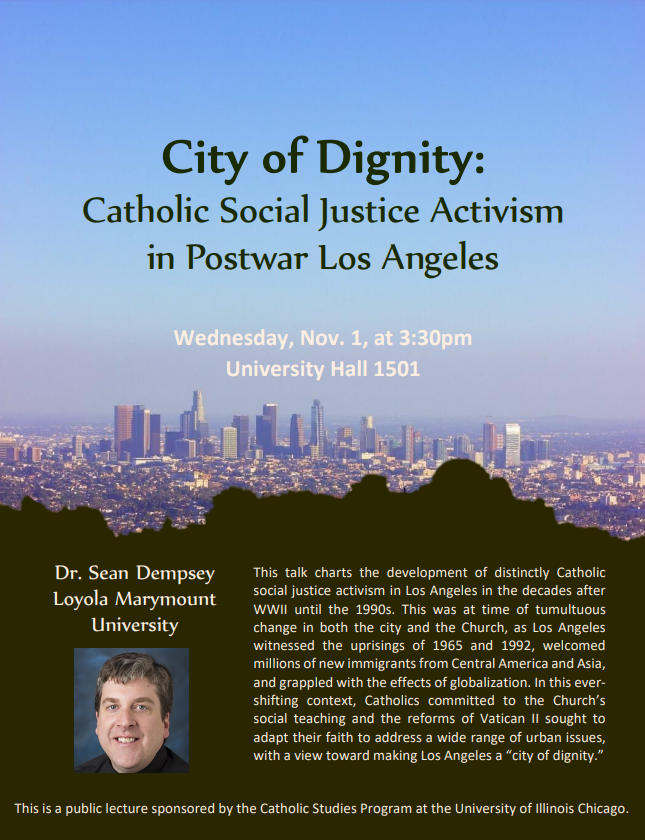On September 12th, 2023, Great Cities Institute launched the Latino Research Initiative (LRI) and hosted a kick-off event to discuss some of the work of the initiative and to network with each other. Juan González, Senior Fellow at GCI and the co-host of Democracy Now, was our keynote speaker and discussed about Chicagoland Latinos in the larger context of national and international issues. Here is the video of the event.
Latino Research Initiative page is here.
The event page is here.

